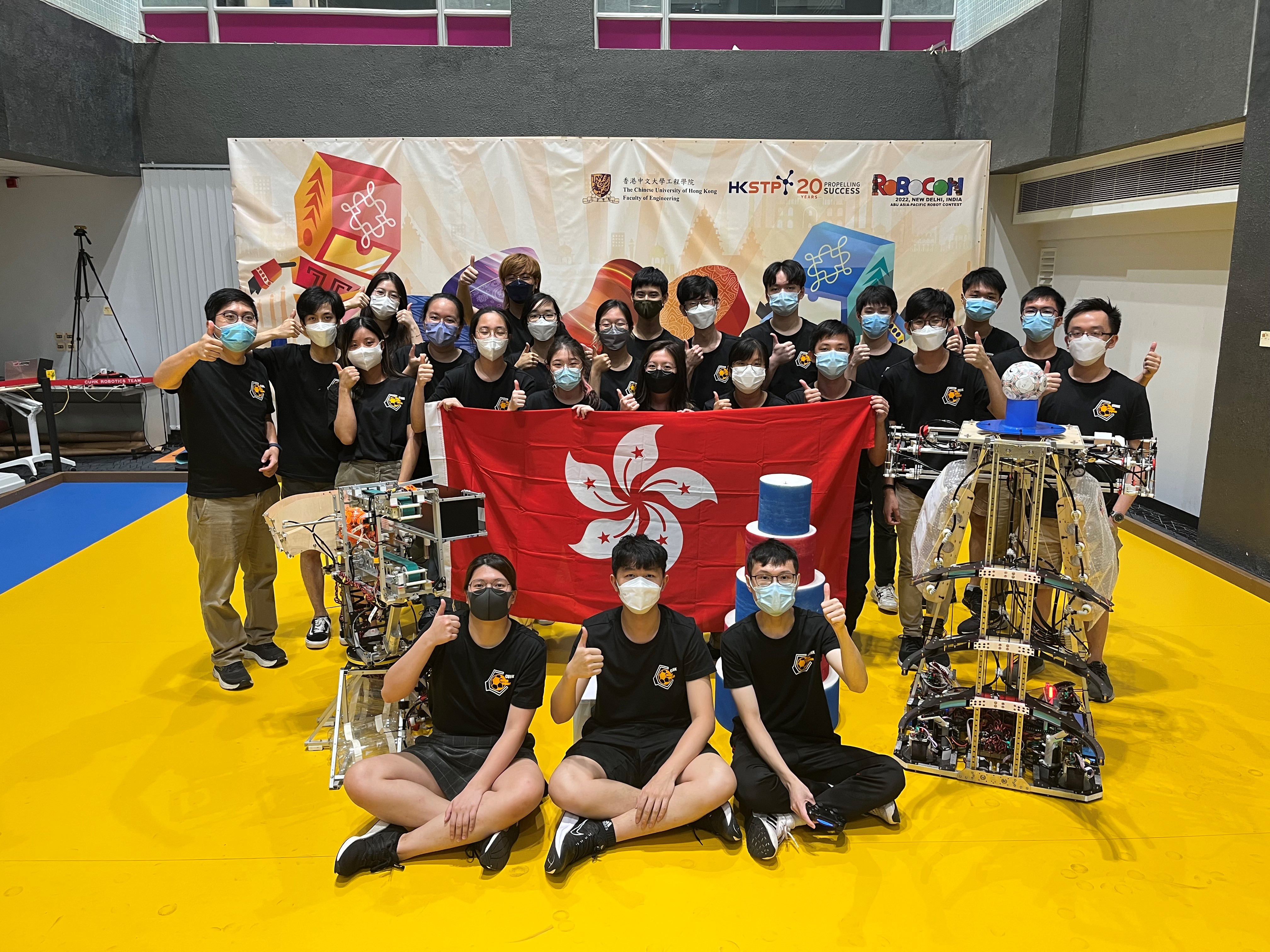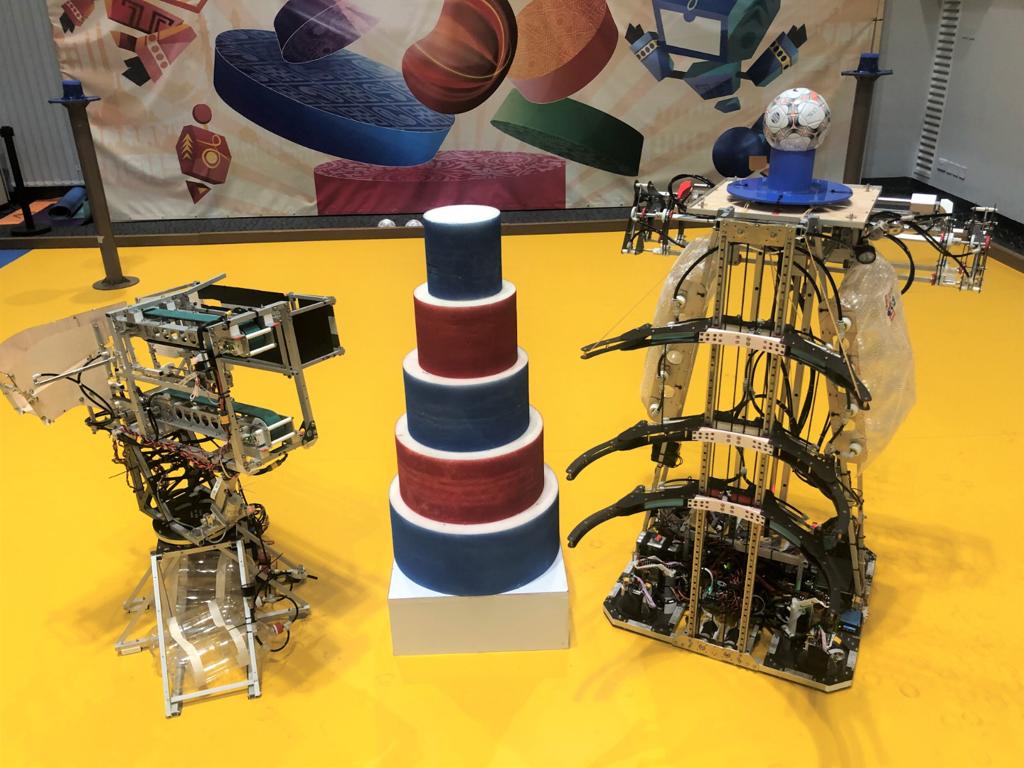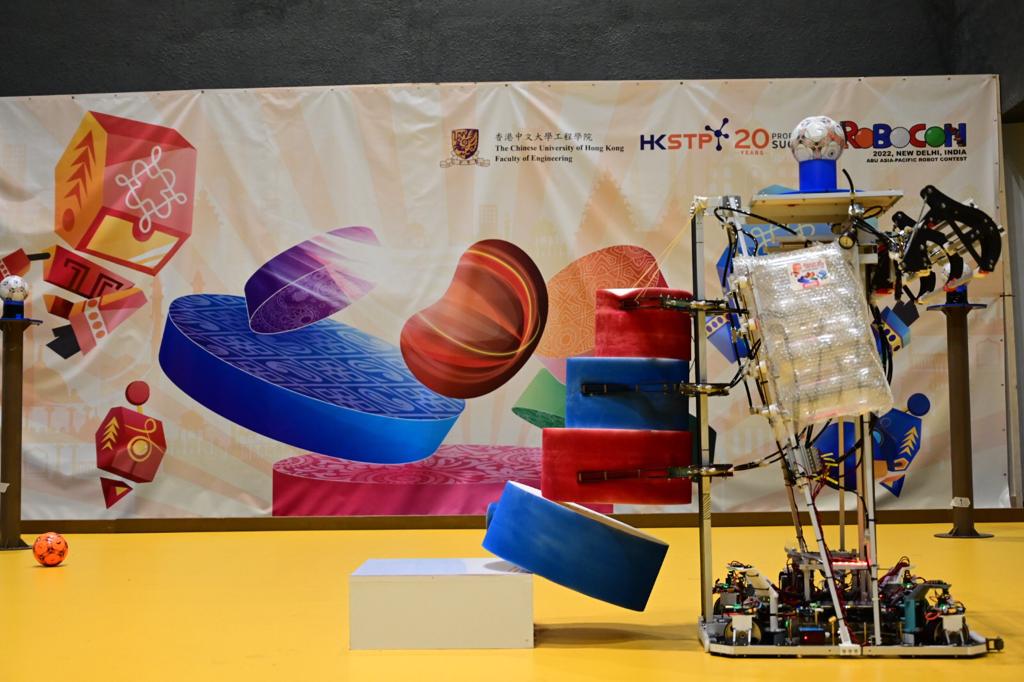Luquos Energy, a start-up incubated by The Chinese University of Hong Kong (CUHK), won the Bronze Award in the TERA-Award Smart Energy Innovation Competition organised by the Hong Kong and China Gas Company Limited (Towngas) and State Power Investment Corporation (SPIC). Out of 208 projects from 23 countries and regions, Luquos Energy’s “Safe and Low-cost Flow Battery” won third place, receiving the Bronze Award and US$50,000. Luquos Energy has received strategic investment of tens of millions of Hong Kong dollars from Towngas.
Luquos Energy is incubated by CUHK’s Technology Start-up Support Scheme for Universities (TSSSU) and the Hong Kong Science and Technology Parks (HKSTP). The company focuses on innovation in battery technology as well as providing safe, low-cost, environmentally friendly energy-storage systems. The team is led by CUHK Department of Mechanical and Automation Engineering Professor Lu Yi-chun.
In the competition, Luquos Energy presented an advanced battery technology for safe, low-cost, long-life-cycle energy-storage systems. The battery uses earth-abundant elements and aqueous electrolytes to store electricity, offering safety, significantly lower costs and a longer lifespan compared to the commonly used lithium-ion batteries. With the innovative ion-selective membrane invented by the team, the battery can potentially last for 15 years. Such technology can be used in renewable energy projects and electric vehicle solar charging stations, providing an uninterruptible power supply and various off-grid applications.
CUHK Department of Mechanical and Automation Engineering’s professor and Luquos Energy’s Chairperson Professor Lu Yi-chun, pointed out that the demand for grid energy storage will increase simultaneously with the growth of renewable energy. Application of lithium-ion batteries in this field is limited by resources, cost, flaming risk and difficulty of recycling. Luquos Energy focuses on the core technology in flow batteries—the ion-exchange membrane—which is critical to economical, safe, eco-friendly energy-storage systems. The team will demonstrate the efficiency and reliability of the new battery technology, accelerate the commercialisation of the product, and contribute to the goals of carbon peaking and carbon neutrality.
At the video ceremony, Towngas’s Chief Investment Officer Mr Chan Ying-lung said that the company is highly supportive of Luquos Energy. As one of the largest companies in Hong Kong, with 160 years of history, Towngas aims to continuously contribute to technological innovation in Hong Kong. In the near future, it plans to demonstrate a Luquos Energy prototype in one of its zero-carbon smart industrial parks, which will help to expedite the commercialisation and promotion of the new technology.











